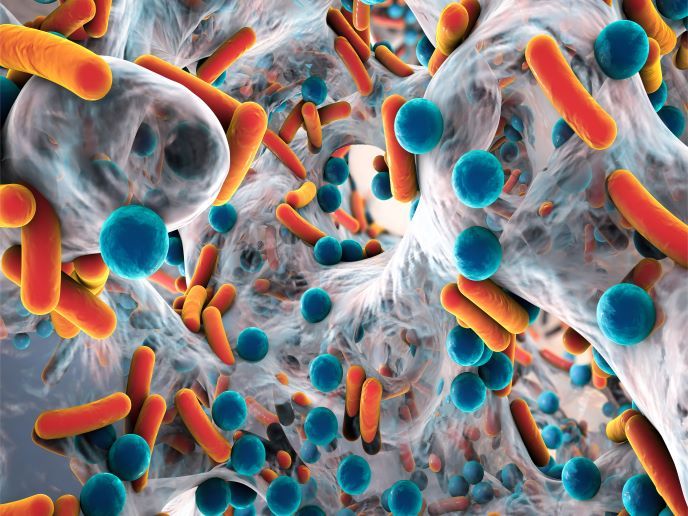Technologies for the detection of allergens
The EC-funded REDALL project dealt with foods that cause allergies and sought to develop technologies in order to aid their detection. The overall aim is to use the scientific finds of the project to identify food allergens and develop less allergenic foods. Researchers used molecular biology technologies to try and identify trace amounts of specific biological material from chicken and bovine origins in food stuffs. These materials could act as allergens and therefore technologies for their detection form a key aspect of research. Polymerase chain reaction (PCR) is essentially based on the in vitro amplification of DNA segments even at extremely low starting concentrations, to the point of accurate detection. Partners established the suitability of different technologies for the detection of potential allergenic material in a variety of food samples. PCR methods were deemed best suited for the detection of trace amounts of beef and chicken. On the other hand, the ELISA (Enzyme linked immunosorbent assay) method should be used for the detection of milk and egg containing products.







